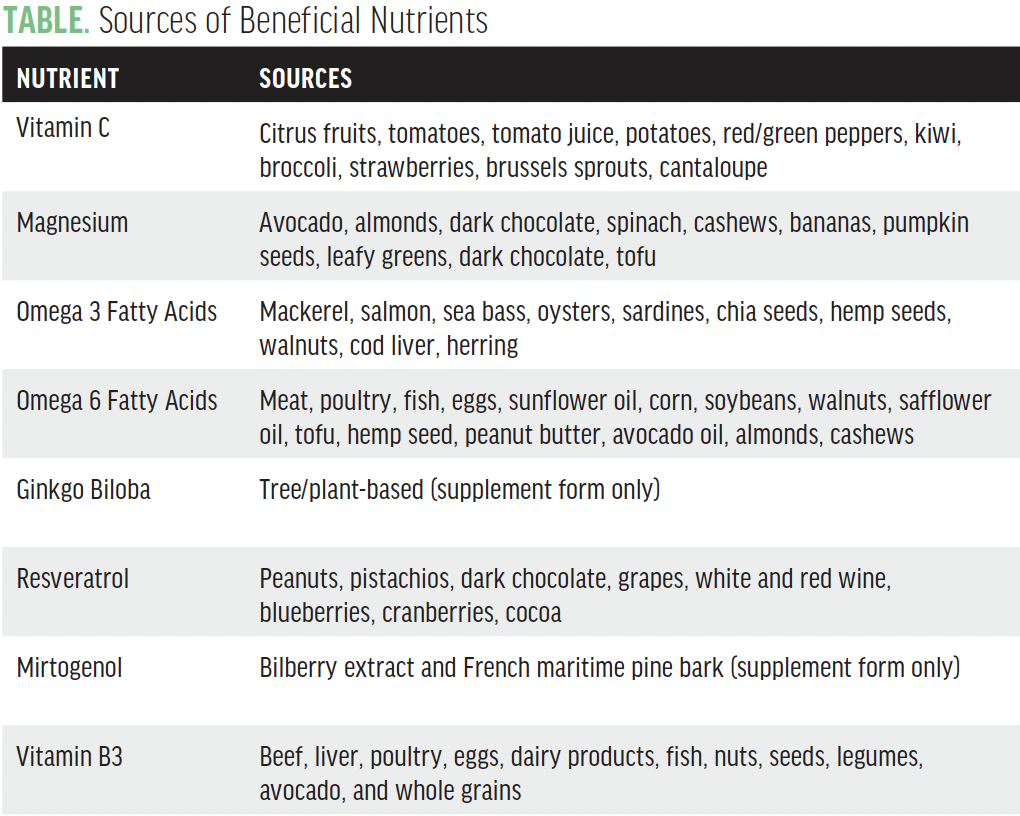Dietary recommendations for when your patients ask, “What else can I do?”
By: Lisa Hornick, OD, FAAO & Kristyna Lensky Sipes, OD- Permission given by Dr. Hornick to share this article
AT A GLANCE
- Some dietary supplements, used as adjuncts to traditional therapy, may help lower the risk of developing glaucoma and potentially slow disease progression.
- Ginkgo biloba is one of the most promising supplements for glaucoma treatment. It is known to have antioxidant properties, help increase blood flow, stabilize mitochondria, and protect neurons from damage.
- Providing our patients with information and guidance about nutritional supplements can help them navigate the many options available.
Glaucoma is one of the leading causes of irreversible blindness worldwide.1 It is commonly treated with prescription eye drops and surgical procedures. Often, our patients ask if there is anything else they can do to prevent or reduce the chance of the disease progressing.
Research shows that some dietary supplements may help lower the risk of developing glaucoma and potentially slow disease progression.2 Dietary supplements are meant to be used as adjuncts to traditional therapy, including prescription eye drops and surgical interventions. We always ask our patients to speak with their primary care physicians before adding any supplements to their diet, as there may be contraindications for those who are taking blood thinners or other systemic medications.
MECHANISMS OF GLAUCOMA
Before suggesting dietary supplements to a patient with glaucoma, it is important to understand the pathogenesis of the disease. We know that elevated IOP, whether from decreased aqueous outflow or from an imbalance in aqueous production, is related to retinal ganglion cell (RGC) death,3,4 a hallmark feature of glaucoma. Elevated IOP also causes mechanical stress and strain on the optic nerve.3 Other causes of optic nerve damage and risk factors for glaucomatous RGC death include vascular dysregulation leading to impaired microcirculation, decreased ocular blood flow and perfusion, mitochondrial dysfunction, and oxidative stress.3-6
The supplement options suggested below and the Table on page 48 have properties that are being investigated for their potential to lower IOP by increasing aqueous outflow, decreasing oxidative stress; shielding the optic nerve from damage and RGC death through neuroprotective effects; increasing ocular blood flow; and/or mitigating mitochondrial dysfunction.

